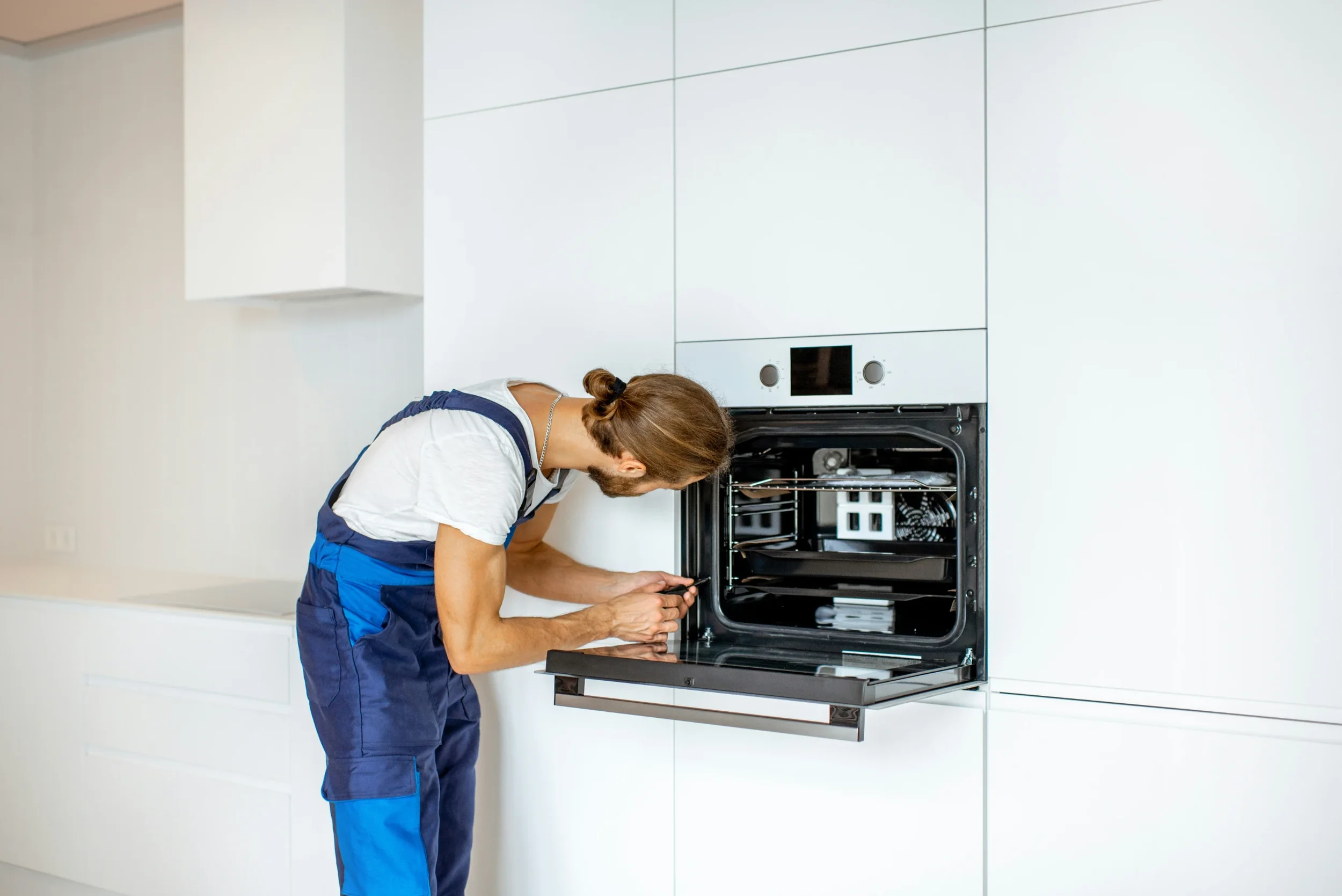Top Signs It’s Time to Repair or Replace Your Home Appliances
Discover the key signs that indicate it's time to repair or replace your home appliances to maintain efficiency and save on costs.
Home appliances are essential for daily comfort, but there comes a time when each one faces wear and tear. When you notice your oven, fridge, or washing machine acting up, it's essential to determine whether it's time to repair or replace your home appliances. Knowing when to make this decision can save both time and money in the long run.
Key Factors to Consider
There are a few major factors to take into account when deciding between repair or replacement. These include the appliance's age, repair costs, energy efficiency, and safety concerns.
Age of the Appliance: Appliances come with an expected lifespan. For instance, dishwashers usually last around 9–10 years, whereas refrigerators can operate efficiently for up to 15 years. Knowing these lifespans helps you plan for replacements and ensures your home stays equipped with reliable, functional appliances as they reach their end of life.
Repair Costs: A general rule of thumb is to replace an appliance if the repair costs exceed 50% of the price of a new one. This approach helps you save money in the long run, as investing in a new, more efficient appliance is often more cost-effective than repeatedly repairing an aging one.
Energy Efficiency: Older appliances typically consume more energy, leading to higher utility bills. In contrast, newer models are designed to be more energy-efficient, which can result in significant savings over time. Upgrading to modern appliances not only reduces energy consumption but also lowers long-term operating costs for your household.
Safety Concerns: Faulty appliances, particularly those using gas or electricity, can pose serious safety risks like fires or gas leaks. In such cases, replacing the appliance is usually the safer choice, ensuring your home and family are protected from potential hazards that come with continuing to use a malfunctioning unit.
Common Signs Your Appliance Needs Repair
Before jumping to conclusions, it’s important to recognize the signs that your appliance may just need a simple repair:
Unusual Noises: Unusual sounds from appliances often signal that components like motors or belts are wearing out and may need replacement. Ignoring these noises can lead to more serious issues or complete breakdowns. Addressing the problem early by replacing the faulty parts helps prolong the appliance’s lifespan and ensures continued performance.
Decreased Efficiency: If your fridge isn't cooling properly or your washing machine isn't spinning as it should, it's a sign that repairs may be needed. Addressing these issues early can prevent further damage, restore efficiency, and extend the appliance's life, helping you avoid the higher cost of replacement.
Higher Energy Bills: A sudden spike in your energy bills may indicate that an appliance is becoming inefficient and requires servicing. This could be due to wear and tear, faulty components, or improper functioning. Addressing the issue promptly can help restore efficiency, reduce costs, and prevent further damage to the appliance.
Leaks or Water Damage: Washing machines and dishwashers frequently encounter issues that are often resolvable with minor repairs. Common problems, such as leaks or drainage issues, can typically be addressed without significant expense. Regular maintenance and prompt attention to small issues can extend the life of these appliances and ensure optimal performance.
When It’s Time to Replace
Sometimes, even the best repairs can only prolong the inevitable. Here are signs that replacing your appliance is the smarter move:
Frequent Breakdowns: If your appliance requires frequent repairs, it may be time to cut your losses and invest in a new one. Continually fixing an unreliable appliance can become costly and frustrating. Investing in a new model often provides better efficiency, improved features, and long-term savings, ultimately enhancing your home's functionality.
Outdated Technology: Newer appliances come equipped with advanced features, such as smart technology and improved energy efficiency. If your appliance is outdated, upgrading can significantly enhance your home’s functionality and convenience. Investing in modern models not only improves performance but also reduces energy consumption, leading to long-term savings on utility bills.
Costly Repairs: As previously noted, when repair costs exceed 50% of a new appliance's price, replacement is often the wiser choice. This strategy helps you avoid the ongoing expenses of frequent repairs and ensures that you benefit from improved efficiency and reliability with a new appliance, ultimately saving you money in the long run.
Final Thoughts
Deciding whether to repair or replace your home appliances can be a tough call, but considering factors like cost, efficiency, and safety will help guide your decision. It’s also essential to rely on a trusted appliance repair service to ensure any repairs are done correctly and cost-effectively.
For top-notch appliance repair services, consider visiting https://techvillappliancerepair.ca/. Their expert technicians can help you determine the best course of action for your household appliances, ensuring a smooth and reliable experience.






